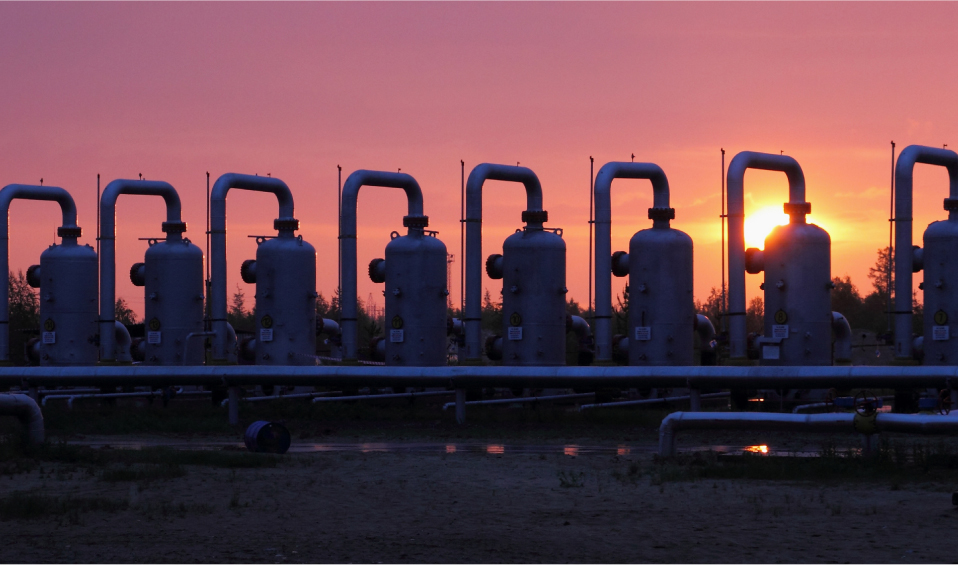
Thanks to ESCP Business School's Energy Management Centre wide network in the academic and business communities, our views on energy news give you comprehensive insight into energy issues.
Please join us...
M&A activity in general, and in the energy sector in particular, was relatively mute in the last year[1]. Activity picked up towards the end of the year with BP's sale of its 51 per cent stake in its Indian solar power business to Tata, Repsol's acquisition of stakes in oil and gas fields in Mississippi, EDF's announcement to acquire Edison, and earlier this year Eon's planned acquisition of a stake in Brazil's MPX Energia. Despite that, 2011 overall was still a dull year for M&A transactions.
It is anticipated however for activity to dramatically pickup in 2012. The recent move by Cove Energy to put itself up for sale for an estimated $1bn has sparked renewed expectations for a much active year[2]. The argument is that due to the limited ability of the smaller companies to raise adequate capital (especially given current circumstances in the capital markets) to finance their expansion and the development of new fields, they are increasingly turning to the bigger players with much deeper pockets and/or better ability to raise capital to acquire them and invest in their growth opportunities.
Over the past few years, a number of countries across Africa have made significant discoveries of oil and gas reserves. Ghana, for instance, discovered about 3 billion barrels of oil equivalent and its Jubilee field is now producing 105,000 barrels per day. Along the east coast of Africa, Mozambique, Tanzania and Kenya are also making significant discoveries. Gas discoveries in Mozambique and Tanzania have reached over 100 trillion cubic feet, comparable to any of the biggest global gas discoveries.
What does this mean for the governments and people of these countries? As one would expect, some key areas to be addressed are investment in health, education, infrastructure, and power supply. But also in tandem, they must invest in other non-petroleum related industries in order to avoid the pitfalls of 'Dutch Disease' and ensure the sustainable long-term development of their economies. This is an objective that has eluded a vast number of petro-states, both old and new. An example of a country that has successfully achieved this is Norway but clearly Ghana, Mozambique, Tanzania and other African countries are very different from Norway. So what should they do?
Riverstone Holdings, a US-based energy-focused private equity firm, has just announced launching a £1.5 billion closed-ended investment fund, called Riverstone Energy, to be floated on the main market of the London Stock Exchange by end of October. The company confirms that it has secured binding commitments of £500 million from five cornerstone investors who will buy 50 million shares at £10 each plus an additional £50 million of Riverstone Holdings' own capital.
The new fund is expected to invest across the global energy sector, focusing on the exploration, production, and midstream segments. Sir Robert Wilson, the former chairman of BG Group will be its chairman and members of the board will include Jim Hackett, former chief executive of Anadarko Petroleum; Lord Browne, former chief executive of BP who is now a Partner at Riverstone Holdings; as well as Riverstone's co-founders David Leuschen and Pierre Lapeyre Jr.
It is argued that the global drilling rig industry is in the middle of the biggest build boom since the 1980s. This is due to a number of key factors, including a steady projected increase in demand, especially for deepwater rigs that can drill in depths greater than 4,000ft.
On the one hand, daily rates for these rigs have tripled since 2004 to about US$5000,000 per day supporting the argument of demand outstripping supply. On the other hand, however, one can argue that oil prices have not seen such a dramatic increase and are not forecasted to rise so rapidly. In addition, there is the argument that oil companies are cutting on their capex[1].




527 Finchley Road
London NW3 7BG
United Kingdom
Tel: +44 (0)20 7443 8800
Fax: +44 (0)20 7443 8845
E-mail: [email protected]










